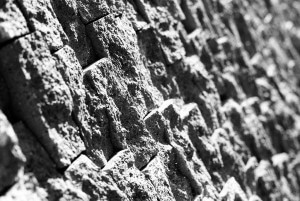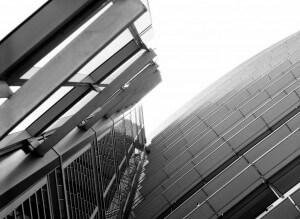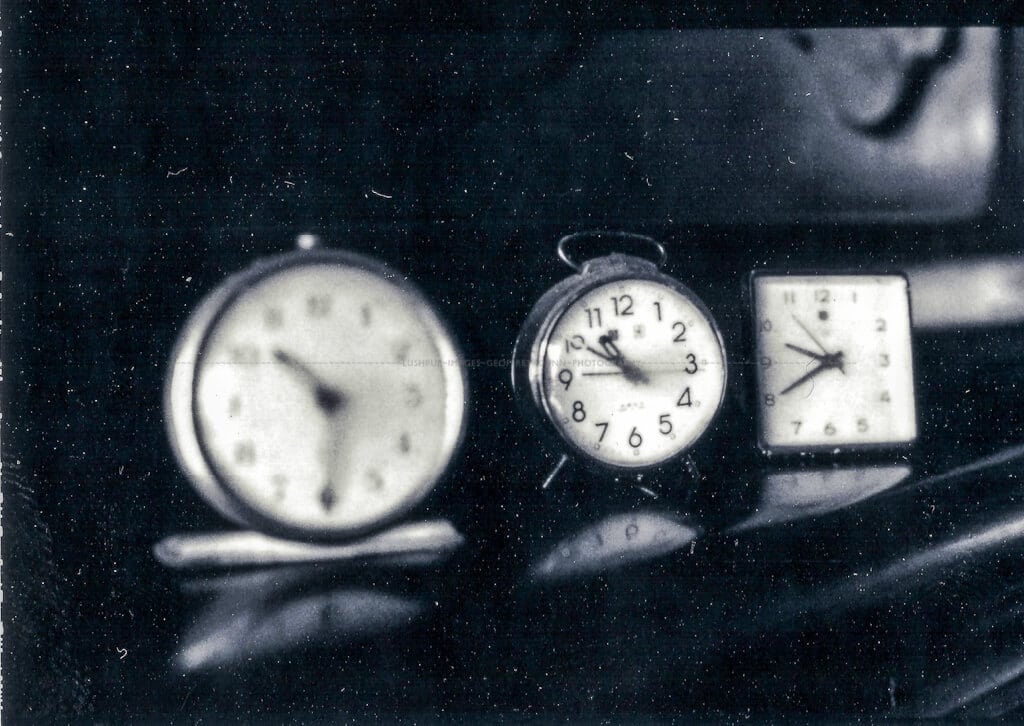Time
Clocks show their faces moments pass us by in silence there is no time today
Time. I've never truly gotten a handle on it ... slippery thing that it is. I can count. I count really well. I count in even beats and measures ... I turned this into percussion and music ... it seemed a natural progression. I read an interesting series of articles in New Scientist recently on the nature of time ... of causation both forward and backward (think about that for a bit ... something in the future having a causal effect on the past). Of how time doesn't inherently have direction ...that it doesn't implicitly flow one way or the other - it is how we perceive time that makes it appear that it flows. That bends my mind it - really does.
What is time to you? What your watch or phone says. Is it a feeling or a notion? Is it an instant or a the suite of sensations that accompany an event or moment? For me it can be all of those things ... how about you? I'm interested.
About the photo:
Camera: Mamiya 645 Super with 80mm f/2.8
Film: Fuji FP-3000B B&W Polaroid
Scanned: my dusty 3-in-1 multifunction scanner
Subject: Old clock sitting on the piano at NessAdd EXIF data to your scanned images
 OK ... so you've been out taking pictures with film. You've got the film developed and most likely had the negatives scanned so you can add the images to your digital library.
OK ... so you've been out taking pictures with film. You've got the film developed and most likely had the negatives scanned so you can add the images to your digital library.
Perhaps you like to use keywords to index or sort your library. Maybe you like to see only those photos taken with a particular model camera ... like your film camera? Digital cameras record information about the image captured in the form of a series of EXIF tags (Camera, Lens, Aperture, Exposure etc). It's these tags that applications like Picasa, Lightroom and Aperture read when importing your images. Scanners apply EXIF data to the images resulting from scans. Film cameras do not (with some rare exceptions) record EXIF data so you'll need to create it. So here you are, seeking to add EXIF data to your scanned images.
Since Adobe’s Lightroom and most of the other tools that I use are geared towards DSLRs, I have felt the need to add as much EXIF data to my scanned images as possible. The more photos I add to Lightroom, the more important Smart Collections are getting to me and the less I want to rely on keywords. Things become even more complicated when I started using more than one film camera and wanted to use the standard ways to sort my photos by camera. Besides, I have this blog and display my photos online, my visitors want to inspect the EXIF data to get a feel for how I arrived at a particular exposure.
If you have googled how to update EXIF data in an image and you have landed here ... you have probably also come across the ExifTool by Phil Harvey. This tool can do everything and more, but in the end it is a Perl script with a command line interface. What was needed was a graphical user interface to the ExifTool and Bogdan Hrastnik has stepped up and developed the ExifToolGUI Windows tool for which you can find all information here. Strongly recommended!
After a little bit of time spent in the 'Newbie' stream of the ExifToolGUI forums I worked out how to alter the EXIF data of my scanned film images to reflect the Camera and Lens used to capture the image. Voila! Best of all I can modify the files as a batch. Since my images were already in Lightroom, I selected the images in the Library view, right-clicked them and selected 'Metadata > Read metadata from files' to refresh the image tags reported within the library.
From here they arced across the sky - Mamiya 645 Super

I recently 'inherited' a Mamiya 645 Super medium format camera. I just got my first negs (and medium resolution scans) back from the lab. I took a roll of expired Ilford SFX 200 to see if the beast still worked. It did but the battery died about two shots before I took this. I remembered that the camera will shoot even if insufficient power is contained in the battery but that the shutter speed is fixed at 1/60sec. So this one's fully manual and literally a straight scan from the neg ... ooh I'd forgotten how negatives are just the most beautiful things.
From here they arced across the sky



